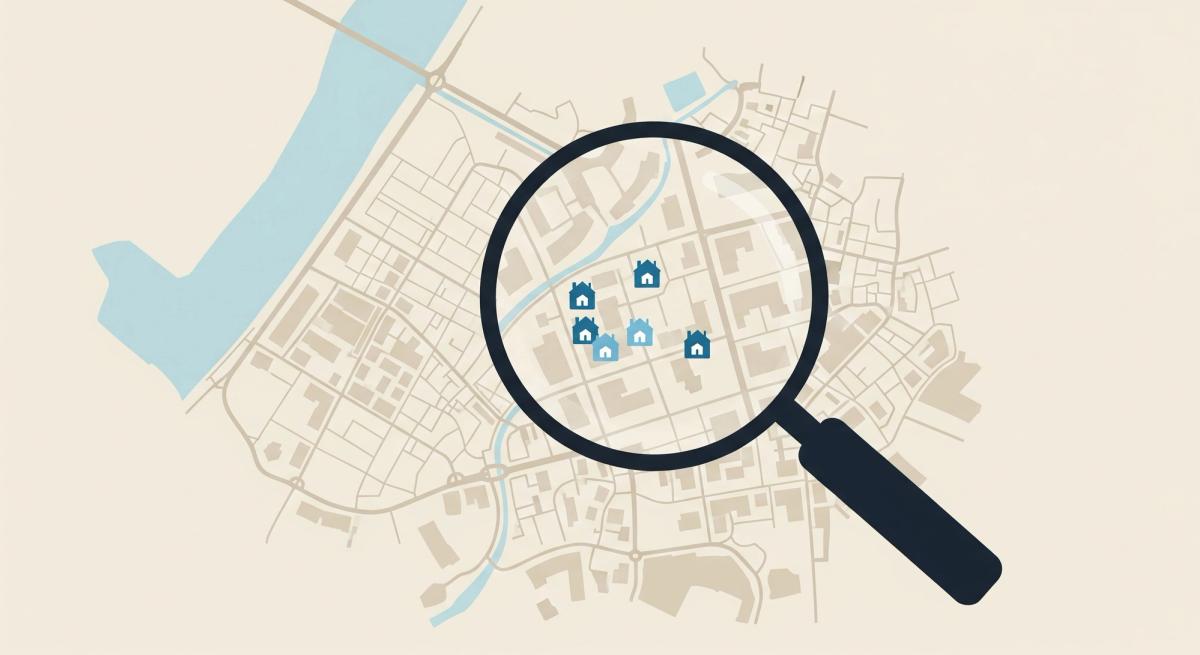Why It's So Hard to Find Social Housing in the Netherlands

What Is Social Housing in the Netherlands?
Social housing (in Dutch: sociale huurwoning) refers to affordable rental homes provided by housing associations. These homes are mainly intended for people with lower to middle incomes, including:
Students
Young professionals
Single parents
Pensioners
Refugees or recent migrants
The rent is usually capped at a certain level, and homes are allocated through a points system or waiting list.
Why the Demand Is So High
The demand for social housing far exceeds supply — especially in large cities like Amsterdam, Utrecht, Rotterdam, and The Hague. Key reasons include:
1. Population Growth
The Netherlands continues to grow due to both natural population increase and migration. More people means more competition for affordable housing.
2. Too Few New Social Homes
In recent years, fewer social housing units have been built. Urban space is limited, and there has been more focus on mid- and high-income housing.
3. Long-Term Tenants
Many people stay in social housing for a long time because it’s affordable and secure. This means turnover is low, and new opportunities are limited.
4. Increased Pressure from Expats and Students
As more international students and expats move to the Netherlands, especially to major cities, the pressure on the housing market — including social housing — increases.
How the Waiting System Works
To apply for social housing, you typically need to:
Register with a local housing corporation (e.g. WoningNet, Woonz, etc.)
Build up registration years — the longer you're registered, the more likely you'll get a house
Meet income requirements — in 2024, most homes require a gross income under €47,699 for singles or €52,671 for multi-person households
In some cities, the waiting time can be 8 to 15 years, especially in central locations.
Can Expats Apply for Social Housing?
Yes, but there are some conditions:
You need a BSN and valid residence permit
You must prove your income and meet the threshold
In many cases, you’ll need to stay in the country long enough to build up points
This makes it harder for short-term expats, exchange students, or temporary workers to access social housing.
What Are the Alternatives?
If you can’t wait 8–10 years for a social home, consider these options:
✅ Mid-market rentals
These are not as cheap as social housing but are still more affordable than luxury rentals. Some are income-capped and meant for essential workers or middle-income earners.
✅ Shared housing or co-living
Popular among students and young professionals, these arrangements are flexible and sometimes easier to register.
✅ Use Huisly to Search Smarter
Instead of checking dozens of websites, use Huisly — a platform that gathers rental listings from places like Funda, Pararius, Kamernet, and more. This helps you spot available rentals faster and compare options side by side.
Final Thoughts
The limited availability of social housing in the Netherlands is a real challenge — but it’s not impossible to navigate. Understanding how the system works, planning ahead, and using the right tools can make a big difference.
Platforms like Huisly make it easier to find alternatives, stay informed, and act quickly when opportunities appear.
Still searching for affordable housing options? Use Huisly to explore verified listings from trusted rental platforms — all in one place. Start smart. Live comfortably. Find your next home with Huisly.
Get the Huisly App!
Download our app for the best experience, instant notifications, and exclusive features for renters and buyers in the Netherlands.
Download the App